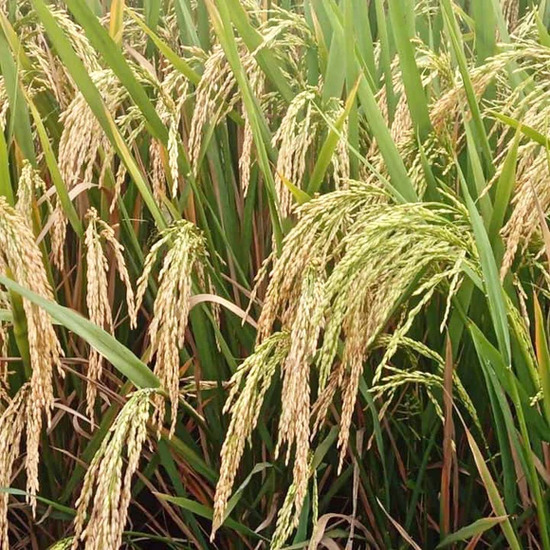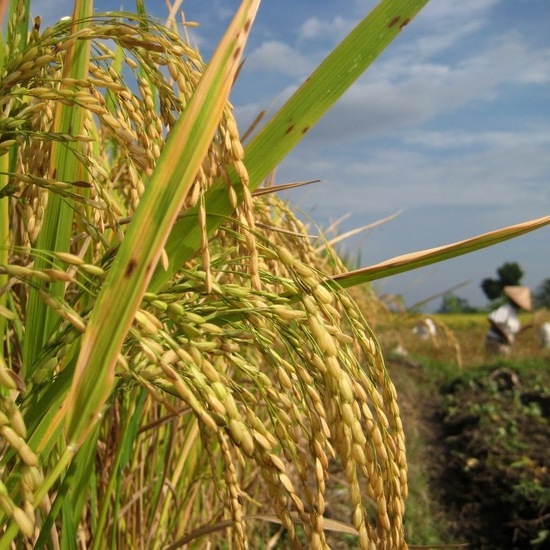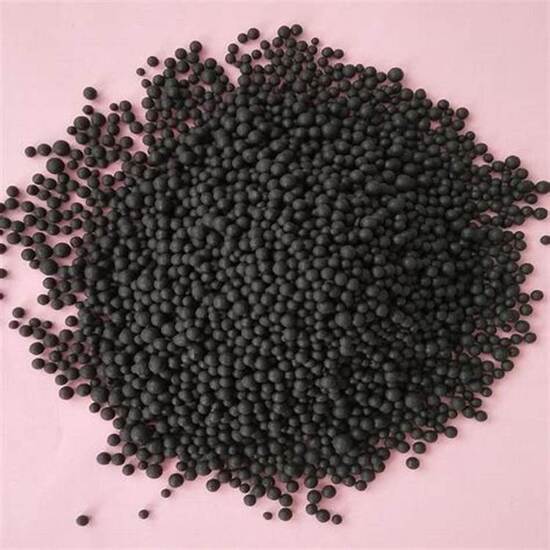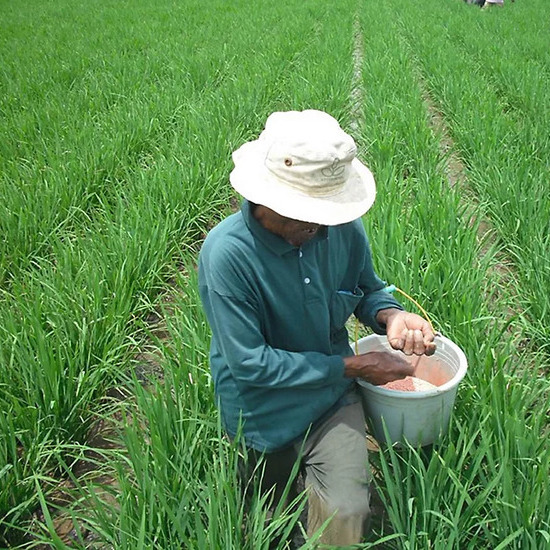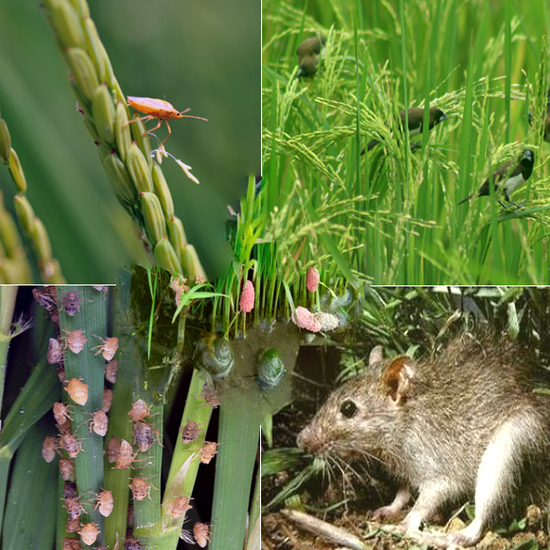Grain Supply Chain in the Rice Industry: From Farmers to Rice Mills
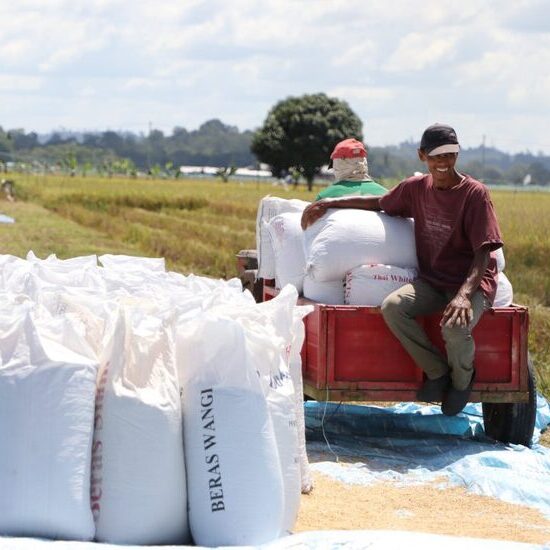
The rice industry in Indonesia plays a vital role in the economy and national food security. As one of the largest rice producers in the world, Indonesia relies on a complex grain supply chain that involves many parties. This process starts from farmers who plant and harvest rice, then the grain is collected by collectors, processed by rice collectors, and finally processed in rice mills before reaching consumers. Each stage in the supply chain has its own important role and challenges that must be overcome to ensure the availability of quality rice for the community.
The rice supply chain begins in the farmer’s field, where the rice is planted, tended, and harvested. Farmers face various challenges, ranging from unpredictable weather conditions to pest and disease attacks. After being harvested, the rice must be processed immediately to maintain its quality. Farmers usually sell their rice to collectors, who then collect and store the rice before selling it to rice collectors. At this stage, the quality and quantity of rice is highly dependent on the agricultural practices used and the storage conditions.
Rice collectors then take over the next process, namely drying and milling the rice to produce rice that is ready for consumption. This process involves sophisticated processing technology to ensure that the rice produced is of high quality and free from contaminants. Rice collectors are also responsible for maintaining the stability of supply and product quality to meet the standards desired by consumers.
The last stage in the supply chain is the rice mill, where the rice is packaged and distributed to the market. Rice mills play a crucial role in ensuring that the rice that reaches consumers is safe for consumption and meets quality standards. Efficient packaging and distribution processes are essential to maintain the freshness and quality of rice. In addition, rice mills must also comply with food safety and environmental regulations to maintain the sustainability of the rice industry.
This article aims to explore in depth each stage of the rice supply chain, explain the roles and challenges faced by each actor, and provide insights into how efficiency and sustainability can be improved in this system. With a better understanding of this supply chain, it is hoped that we can strengthen the agricultural sector and rice industry in Indonesia. Improved technology, government policy support, and collaboration between all parties involved are essential to create a more resilient and sustainable rice supply chain.
Farmers are the spearhead of rice production. They are responsible for planting, caring for, and harvesting rice which will then be processed into rice. The challenges faced by farmers are very diverse, ranging from climate change, pest attacks, to unstable price fluctuations. Support in the form of modern agricultural technology, training, and access to credit are essential to help farmers improve the productivity and quality of their harvest.
After being harvested, rice is usually sold to collectors who act as a link between farmers and rice processing factories. Collectors play a vital role in collecting paddy from various farmers and ensuring a stable supply to rice mills. However, collectors also face challenges such as transportation, storage, and variable paddy quality. Improved infrastructure and better supply management can help address these issues.
Once the paddy is collected, the rice is processed into rice by rice collectors or rice mills. This process involves drying, milling, and polishing to produce rice that is ready for consumption. Modern and efficient processing technology is essential to ensure high quality rice and minimize yield losses. In addition, stringent quality standards must be implemented to maintain consumer confidence in the rice products produced.
Large industrial rice mills are the final stage in the paddy supply chain, where rice is packed and distributed to the market. Rice mills must ensure that their products meet food safety standards and are attractive to consumers. In addition, rice mills are also responsible for maintaining operational efficiency and reducing the environmental impact of their production processes. Investment in environmentally friendly technologies and sustainable business practices is essential for a greener future for the rice industry.
Challenges and Solutions in the Rice Supply Chain
The rice supply chain faces a number of challenges, ranging from supply uncertainty, inadequate infrastructure, to food quality and safety issues. Solutions to address these challenges include:
-
Infrastructure Strengthening: Construction of adequate roads, bridges, and storage facilities to ensure smooth flow of rice from farmers to mills.
-
Technology Upgrading: Use of modern technology in farming and processing to increase productivity and quality of output.
-
Human Resource Development: Training and education for farmers and industry workers to improve their knowledge and skills.
-
Regulation and Policy: Implementation of policies that support an efficient and sustainable rice supply chain, including price protection for farmers and incentives for technological innovation.
The rice supply chain in the rice industry is a complex and interconnected system, where each actor plays a vital role in ensuring the availability of quality rice for the community. By addressing existing challenges and implementing appropriate solutions, we can create a more efficient, sustainable supply chain that is able to face the dynamics of change in the future. Support from all parties, including the government, private sector, and communities, is essential to achieve this goal and ensure sustainable food security in Indonesia.
Matari Agro Indonesia is one of the most affordable and farmer-friendly agricultural consulting companies in Indonesia. We provide high-end agricultural consulting services across the country with the help of a diverse team of scientists, operational experts, and technology. If you are looking for a better return on your agricultural investment, contact the Matari Agro Indonesia team today!
